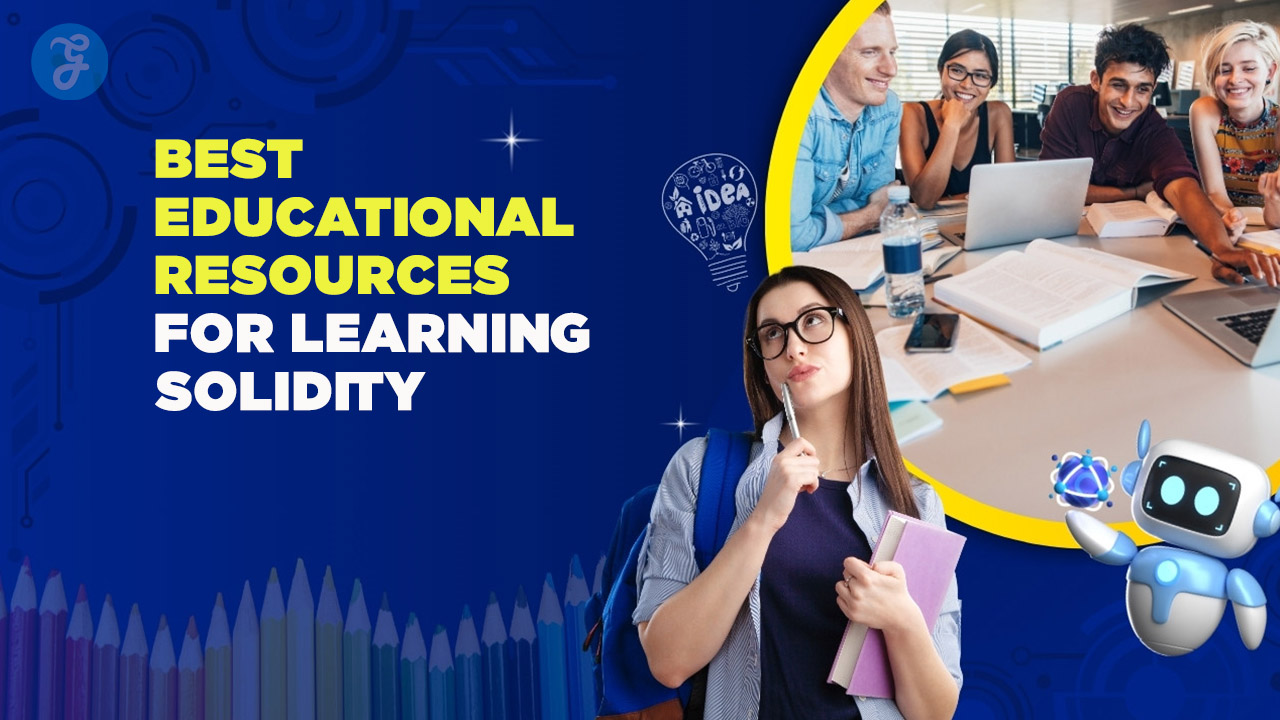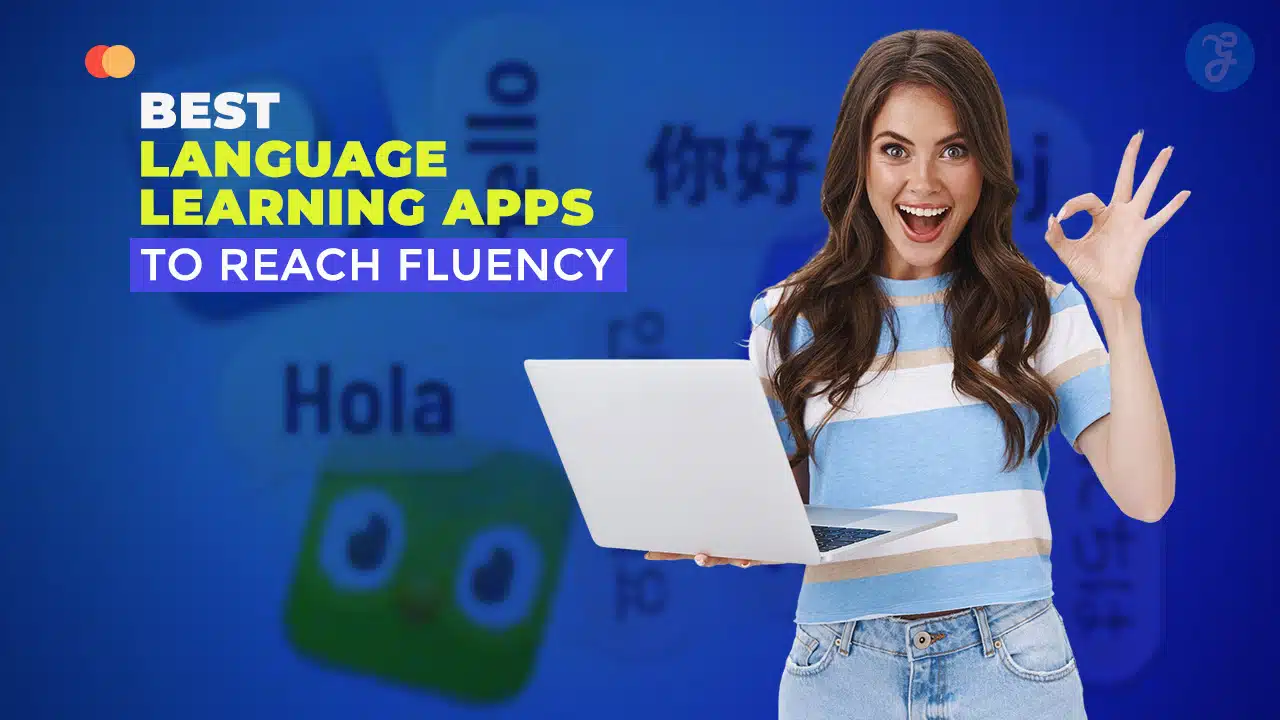As a parent, one of my biggest challenges has always been managing my kid’s screen time. Like many children today, my son loves his tablet and could spend hours playing games or watching videos if I let him. I wanted to find a way to make his screen time more productive and educational, turning it from a passive activity into a learning experience.
Discovering Educational Games
In my quest to transform screen time, I discovered educational games that combine fun with learning. I was particularly drawn to cool math games and an IQ test that not only kept my son engaged but also helped improve his skills in math and problem-solving.
Cool Math Games: Learning Through Fun
Our family started to love these cool math games. These games are designed to be entertaining while teaching mathematical concepts. I noticed that my son was not just playing; he was learning addition, subtraction, and even basic algebra without realizing it. One of his favorite cool math games involved solving puzzles that required him to use math to advance to the next level.
These games made a significant difference in his attitude towards math. A subject that once caused frustration became something he looked forward to. According to a study, children who engage in educational games can improve their math skills by up to 30%. This statistic alone convinced me that I was on the right track.
Impact of an IQ Test
In addition to cool math games, I introduced my son to an online IQ test. These tests are designed to measure various cognitive abilities such as logic, reasoning, and memory. Initially, I was worried that the tests might be too challenging for him, but I was pleasantly surprised by how much he enjoyed them.
The IQ test turned out to be a great tool for identifying his strengths and areas that needed improvement. For instance, I noticed that he was quite good at pattern recognition but needed more practice with spatial reasoning. These insights helped me tailor other activities to support his development.
Creating a Balanced Routine
To ensure that my son was getting the most out of his screen time, I created a balanced routine. We set specific times for playing educational games and taking an IQ test, making sure that these activities were interspersed with outdoor play and family time. This balance was crucial in preventing burnout and keeping learning fun.
Encouraging a Positive Attitude
One of the most rewarding aspects of this journey has been seeing my son’s positive attitude towards learning. He started to approach challenges with more confidence and enthusiasm. The combination of cool math games and IQ test helped him develop a growth mindset, where he saw mistakes as opportunities to learn rather than failures.
The Role of Parental Involvement
Throughout this process, my involvement as a parent played a critical role. I took the time to play the games with him, discuss the challenges, and celebrate his successes. This not only strengthened our bond but also reinforced the learning objectives of the activities. It’s important for parents to be actively involved in their children’s learning, providing support and encouragement along the way.
The Benefits of Educational Screen Time
Turning screen time into learning time has had numerous benefits for my son. He has become more proficient in math, improved his problem-solving skills, and developed a keen interest in learning. Moreover, he is now more disciplined about his screen time, understanding the value of using it wisely.
Final Thoughts
Transforming screen time into learning time has been a game-changer for our family. It has shown me that with the right tools and approach, technology can be a powerful ally in education. I encourage other parents to explore educational games and activities that can make screen time productive and enjoyable for their children.
By making small changes and being actively involved, we can turn screen time into an opportunity for growth and learning. Watching my son thrive has been incredibly rewarding, and I’m excited to see how he continues to grow and develop with the help of these educational tools.










































